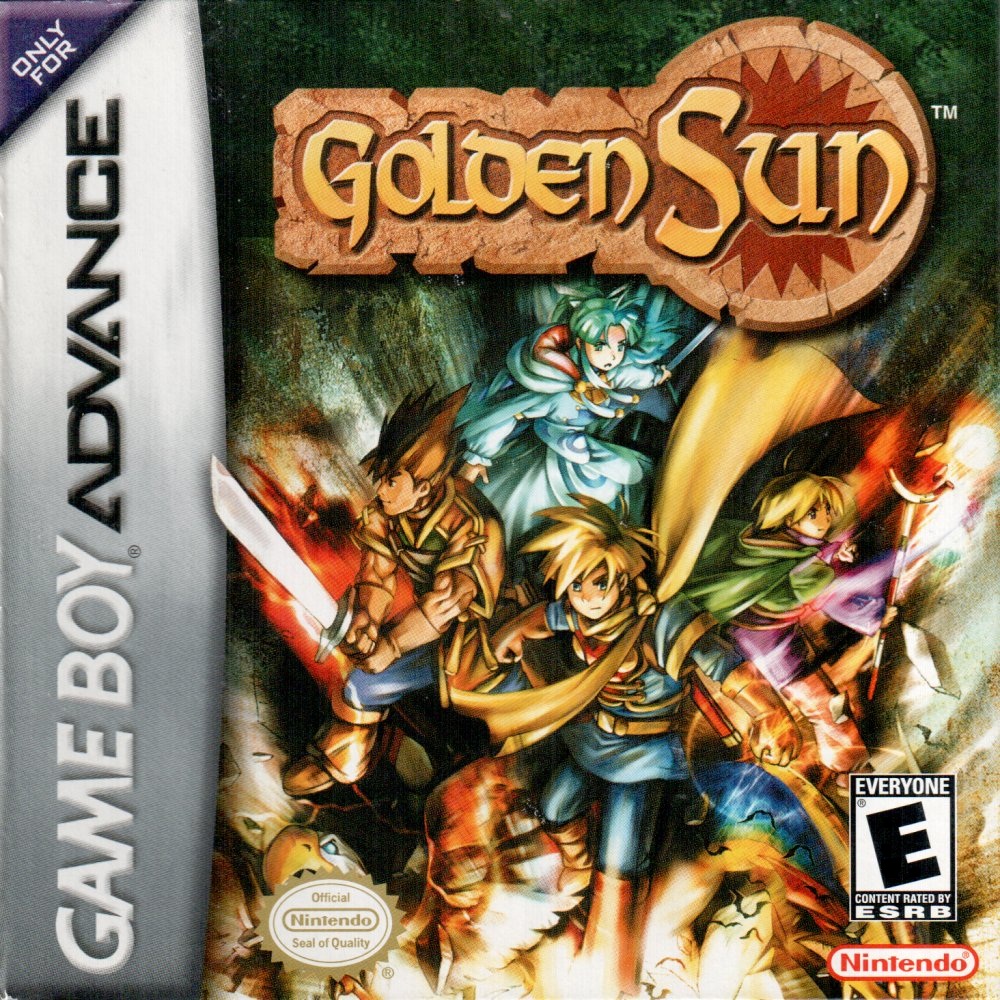
(Mode7)-10.jpg)
However, our exhilaration is tempered by past experiences with the other Nintendo Switch Online emulators and the video game industry in general. We are ecstatic to finally play games like Metroid Fusion and The Legend of Zelda: The Minish Cap through the service, and you probably are too. Will Capcom allow Nintendo to launch the GBA originals on the Nintendo Switch Online emulator, even if they remain Japan exclusives? Or will Capcom tell gamers that if they want to play some of the best crime drama visual novels ever, they need to purchase the Phoenix Wright: Ace Attorney Trilogy? We can’t guarantee IP holders will actually restrict what games subscribers can play through Nintendo Switch Online, but again, Nintendo’s history with pursuing those kinds of projects doesn’t inspire much hope that the necessary efforts will be made. While Western audiences first played those games on the Nintendo DS, Capcom first published them in Japan on the GBA. The same doubt can also be raised for many other beloved Game Boy games, such as Phoenix Wright. For instance, while the various Nintendo Switch Online retro game services feature games from Capcom and Sunsoft, we have yet to see a single Square Enix title on the service, even though the SNES was ground zero for some of Square’s best RPGs (including Final Fantasy IV, Final Fantasy VI, and Chrono Trigger).

While Nintendo was initially able to publish many games on its beloved handheld platforms, the company doesn’t have control over all of those games to this day. The final hurdle for the Game Boy and Game Boy Advance players is the pesky matter of IP rights. Many gamers are looking forward to Golden Sun, but who knows how long Nintendo will wait to launch that game? It’s a system that often leaves you feeling lucky whenever you get anything, which isn’t exactly ideal in the age of modern digital services. We might go more months between releases, possibly with only one title per platform. With the addition of Game Boy and Game Boy Advance emulators, there’s no guarantee Nintendo can keep up with itself. Or three will be Genesis games, three will be N64 titles, and none will be NES or SNES games. However, instead of, say, all six games belonging to the NES, one will be an NES title, two will belong to the SNES, two will be Genesis games, and one will be an N64 title. Moreover, because Nintendo started supporting more than one Switch Online emulator, it cut down the number of games it would release per emulator per drop.Įach time a new batch of Nintendo Switch Online titles drops, the company releases roughly the same amount of games. Sometimes the company would go a month without updates and sometimes they would go several months. Starting in September 2019, though, Nintendo switched to a more sporadic release timetable. When the company started offering emulated games through Nintendo Switch Online, they stuck to a reliable monthly release schedule. After all, Nintendo promised plenty of major Game Boy and Game Boy Advance titles will be released through the services (such as the Legend of Zelda: Oracle games, Metroid Fusion, and Golden Sun), but they conveniently forget to include even a release window. The games Nintendo ported to the Game Boy and Game Boy Advance players so far work fine (for now), but what will happen when Nintendo adds something a little more unorthodox (such as Kirby Tilt ‘n Tumble)? Will the game cooperate with the Switch’s gyroscopic controls? Could hardware issues get in the way of trying to emulate similarly eccentric games such as Yoshi’s Universal Gravitation, Boktai: The Sun is in Your Hand, or Warioware Twisted!? Nintendo tends to take the path of least resistance when it comes to its emulators, so it’s hard to imagine they’ll put in the effort required to make some of the more novel Game Boy games lost to time work properly.Īnother cold dose of reality that can, and probably will, get in the way of the Game Boy and Game Boy Color players is Nintendo’s notoriously slow release schedule.

Sure, Nintendo fixed the issues eventually, but the initial issues called into question the company’s ability to properly emulate certain titles. According to sites such as Kotaku, the emulator was plagued with lag, framerate problems, and unintuitive button layouts. For instance, when the N64 emulator was added to Nintendo Switch Online (technically the more expensive Expansion Pak subscription level), the service didn’t exactly earn the Nintendo Seal of Approval.


 0 kommentar(er)
0 kommentar(er)
